
Today we’d like to introduce you to Aya Waller-Bey.
Hi Aya, so excited to have you on the platform. So, before we get into questions about your work-life, maybe you can bring our readers up to speed on your story and how you got to where you are today?
I’m a proud Detroiter, born and raised on the city’s westside. I graduated from Renaissance High School before heading off to Georgetown University in Washington, DC. Georgetown’s culture of service and the passion I carried from Detroit contributed to my activism, leadership, and storytelling in college. After graduation, I worked as an admissions officer and coordinator of multicultural recruitment at Georgetown. Although I didn’t know it at the time, that job would change my life. In my role, I observed the ways secondary and post-secondary institutions maintained and reproduced inequality through institutional practices. I also noticed a stark difference in how Black and Hispanic/LatinX students told their stories in their college essays compared to their white counterparts. In search of the “why,” I pursued graduate studies. I found my way to Cambridge as a recipient of the Gates Cambridge Scholarship. After earning my MPhil in Education, I returned to the states and applied for a fellowship at Arizona State University. As a University Innovation Fellow, I managed strategic partnerships that promoted the university’s commitment to access and inclusion. My professional, educational, service experiences culminate in my current tenure as a Ph.D. Candidate in Sociology at the University of Michigan. My research examines how Black students respond to racialized expectations to share trauma in college personal statements. This project has been on my heart since 2015, and I’m happy that now I’m in the position to address this critical topic.
Would you say it’s been a smooth road, and if not, what are some of the biggest challenges you’ve faced along the way?
One of my greatest qualities is my tenacity. There have certainly been challenges on this journey to Dr. Waller-Bey. From the passing of my grandparents, unsuccessful funding and grant applications, familial stressors, and the challenges associated with being a first-generation college student, I’ve had to maintain focus. Beyond classroom challenges, since moving from Ann Arbor to Detroit in 2019, I’ve committed to making a positive difference in my local community. In October 2020, I hosted an intimate two-hour virtual conversation called “Let’s Talk about Voting” to reimagine our voting relationships. I also co-hosted a voter event called “Soles to the Polls” at the Detroit-based sneaker exchange on the Avenue of Fashion, Fahrenheit 313. The event allowed community members to register to vote, confirm their voting plan, and learn how to volunteer. Recognizing the challenges faced by non-profits, in the wake of COVID-19, I coordinated a virtual 5k fundraiser called “Queens Give Back” for SASHA Center, a Detroit-based non-profit that raises awareness and provides support to survivors of sexual assault. One of my most recent events was a storytelling and college essay workshop with the Detroit Youth choir at Marygrove College. Curating events and experiences that have a positive impact is important to me. However, as a graduate student, time and resources have limited my ability to do more work in my community.
Thanks for sharing that. So, maybe next you can tell us a bit more about your work?
As a doctoral student in sociology, I conduct qualitative (interview-based) research on the experiences of Black students in the college admissions process. Specifically, my work examines how Black undergraduate students make sense of the narratives they construct in college personal statements and whether they felt compelled to share trauma in their essays. As I mentioned earlier, while working as an admissions officer, I saw a difference between how Black and other racially minoritized students wrote about their experiences compared to their white counterparts. Even across socioeconomic lines, I observed narratives that an ordinary person would consider painful or traumatic in essays written by Black applicants. That observation stuck with me and ignited my research interest. For the past several years, I’ve written about my work on equity, higher education, and anti-racism in places like Huffington Post UK, University World News, the Hechinger Report, and most recently, Forbes. I’ve also discussed my work on the University of Cambridge Mind Over Chatter podcast, symposiums at the University of Michigan, as a panelist at SXSW Education in Austin, Texas, and an invited speaker at the Aspen Center of Physics conference, to name a few. I’d say advancing my research is important to me; however, receiving the University of Michigan 2021 Rackham Graduate School Outstanding Graduate Student Instructor Award is one of the accomplishments I’m most proud of. Teaching undergraduates at the University of Michigan was incredibly rewarding, and being one of twenty graduate students to be recognized for my dedication, commitment, and creative excellence in teaching by the university was truly an honor.
What sort of changes are you expecting over the next 5-10 years?
Another great question. Higher education is going through a significant shift, or should I say significant shifts. I foresee many changes in college admission processes and higher education more broadly due to COVID and virtual learning, demands of racial equity and inclusion, student loan debt, and testing optional policies, to name a few. But more specifically, I hope my research findings expand upon scholarship about the commodification of racialized trauma by American post-secondary institutions and consider the ways institutions of higher education entice minoritized groups to place their trauma and struggle on display for access and rewards. I also think my work will challenge how institutions outside of academia—Fortune 500 companies, not-for-profits, community-based organizations, etc.–leverage the stories of the marginalized within and outside their companies in ways that honor, not exploit community members, students, clients, and other stakeholders.
Contact Info:
- Email: [email protected]
- Website: www.ayawallerbey.com
- Instagram: https://www.instagram.com/aya__marie/
- Twitter: https://twitter.com/Aya__Marie
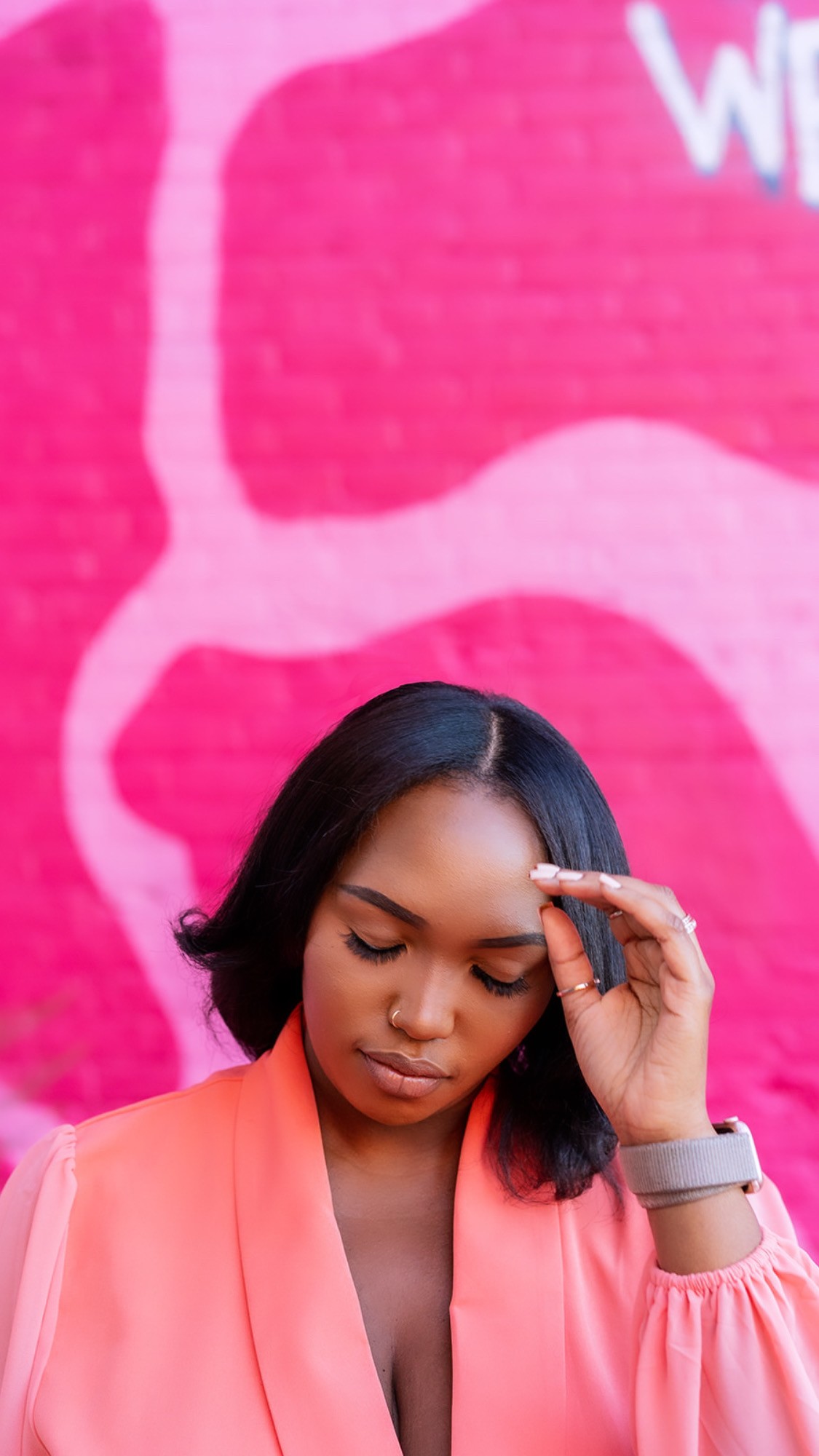

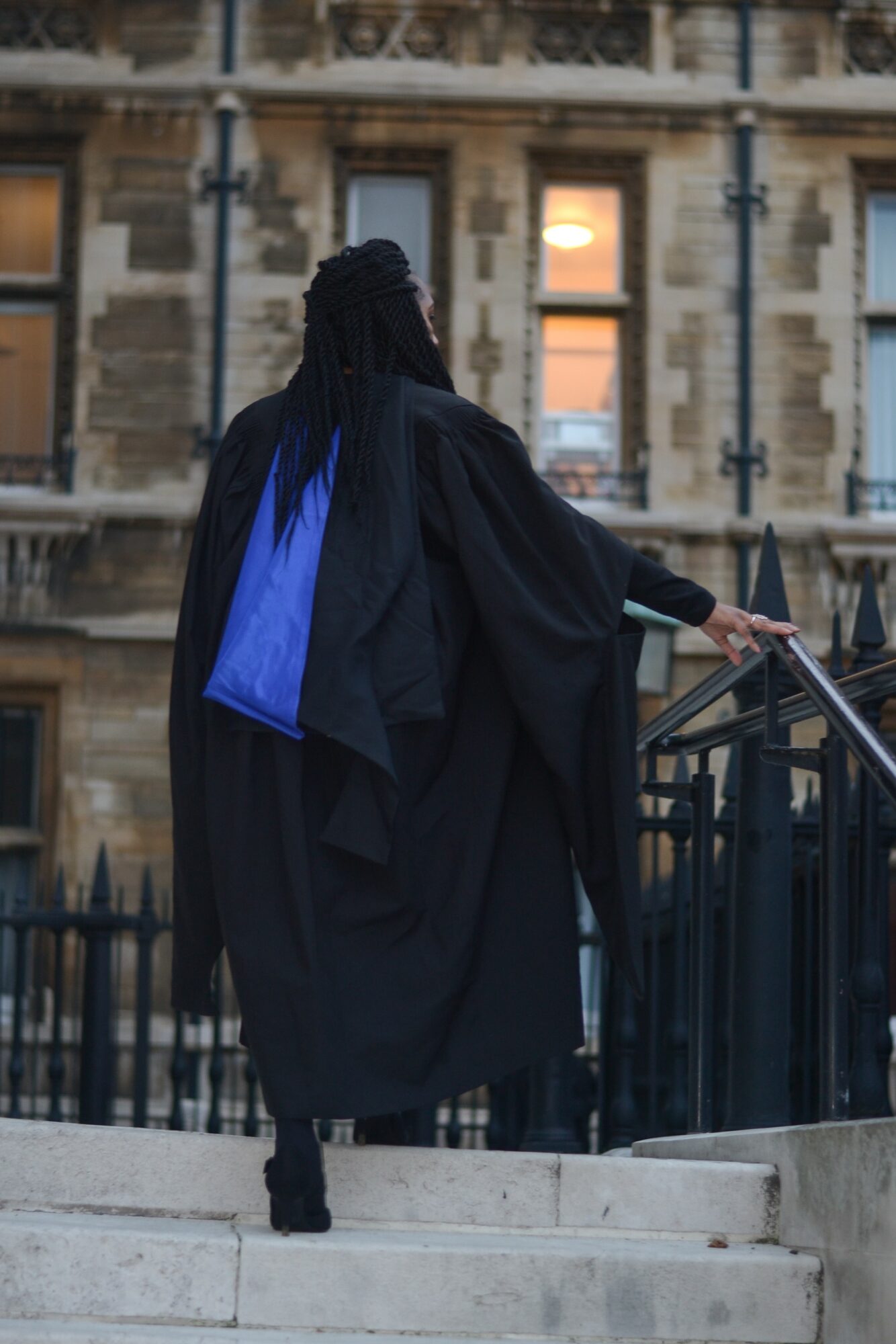
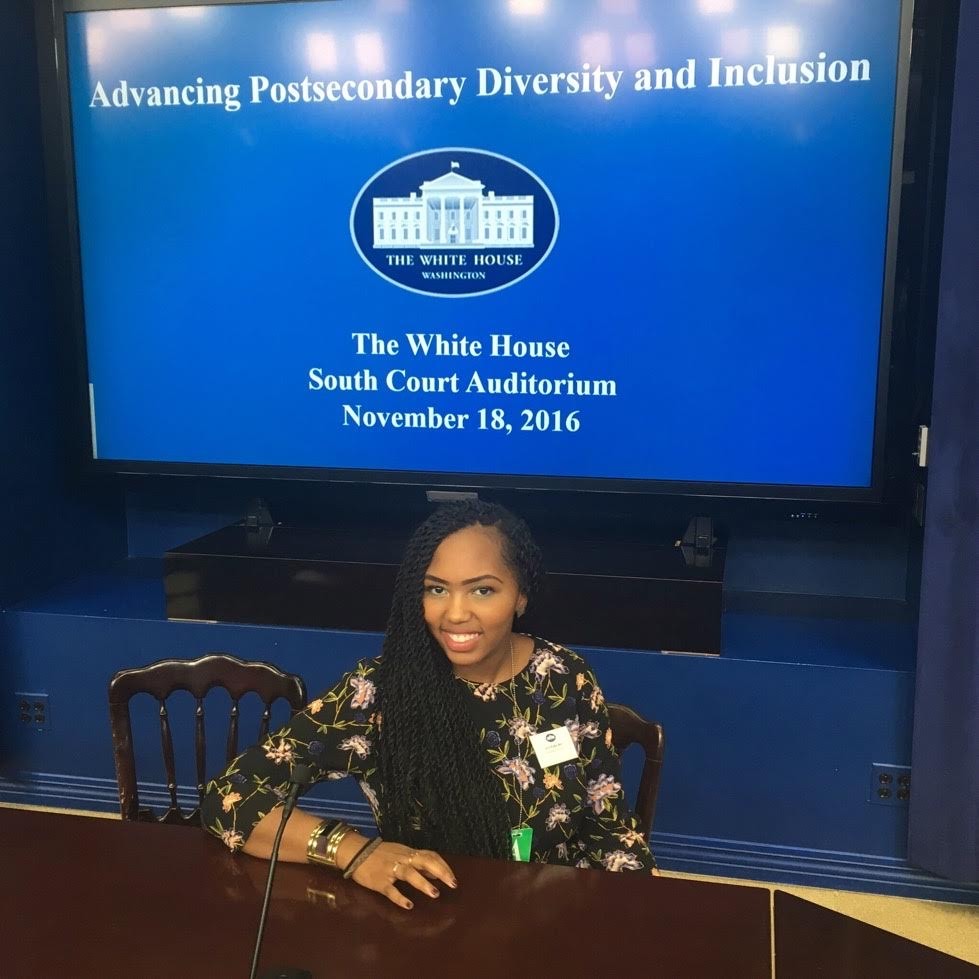
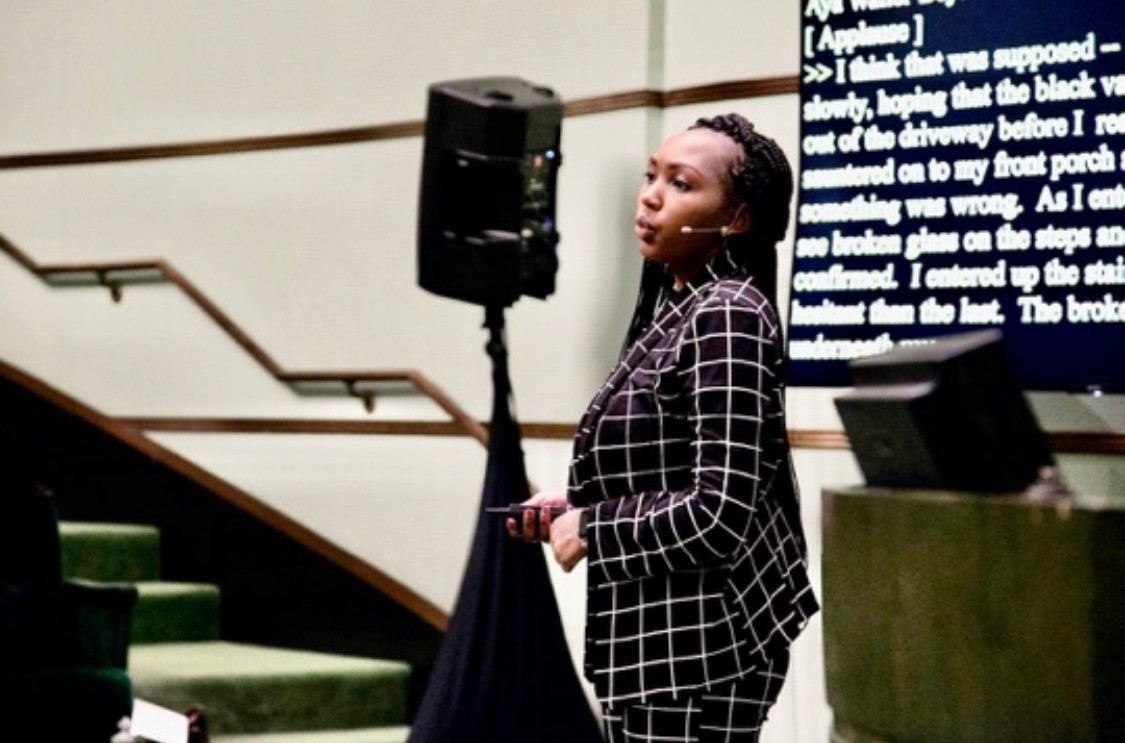

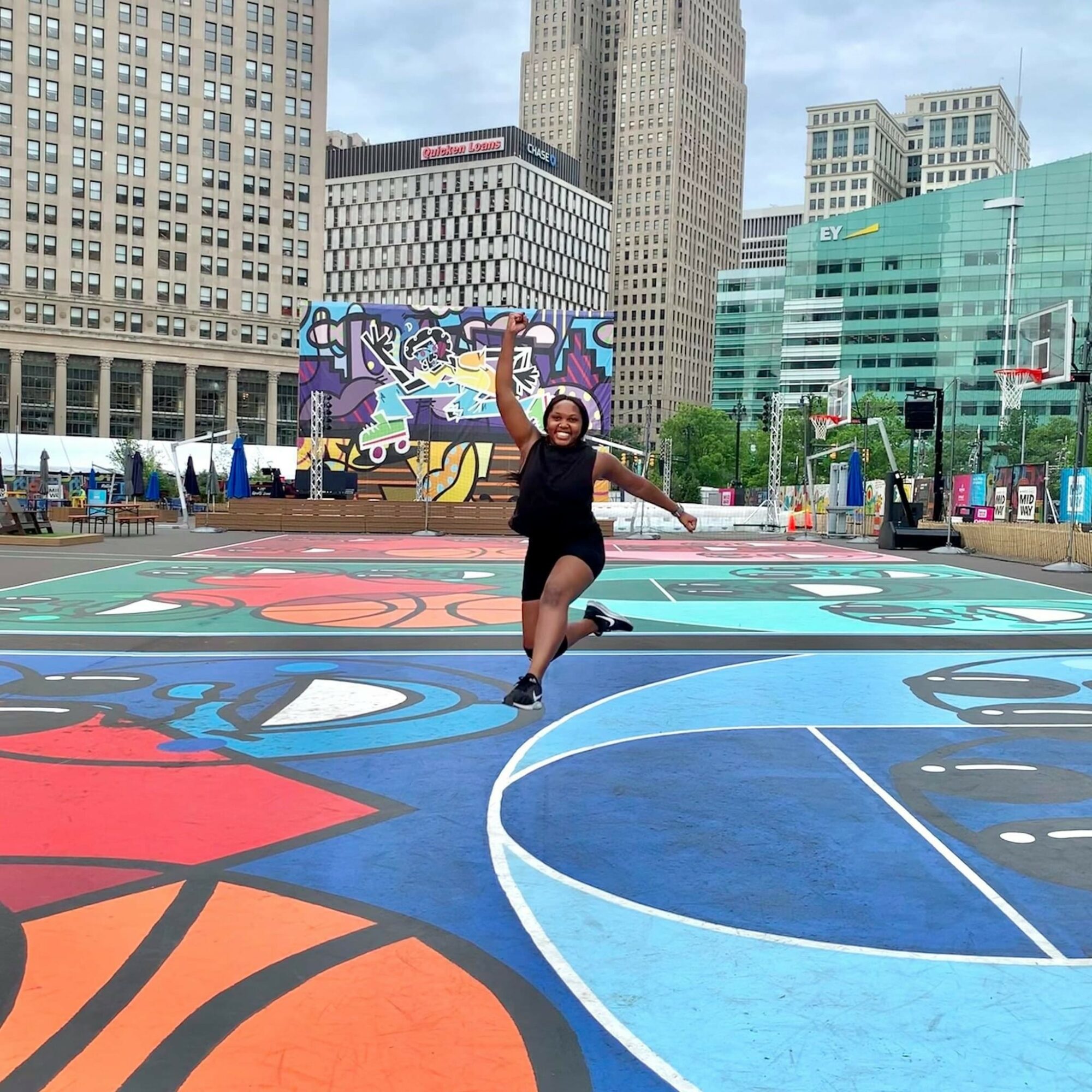
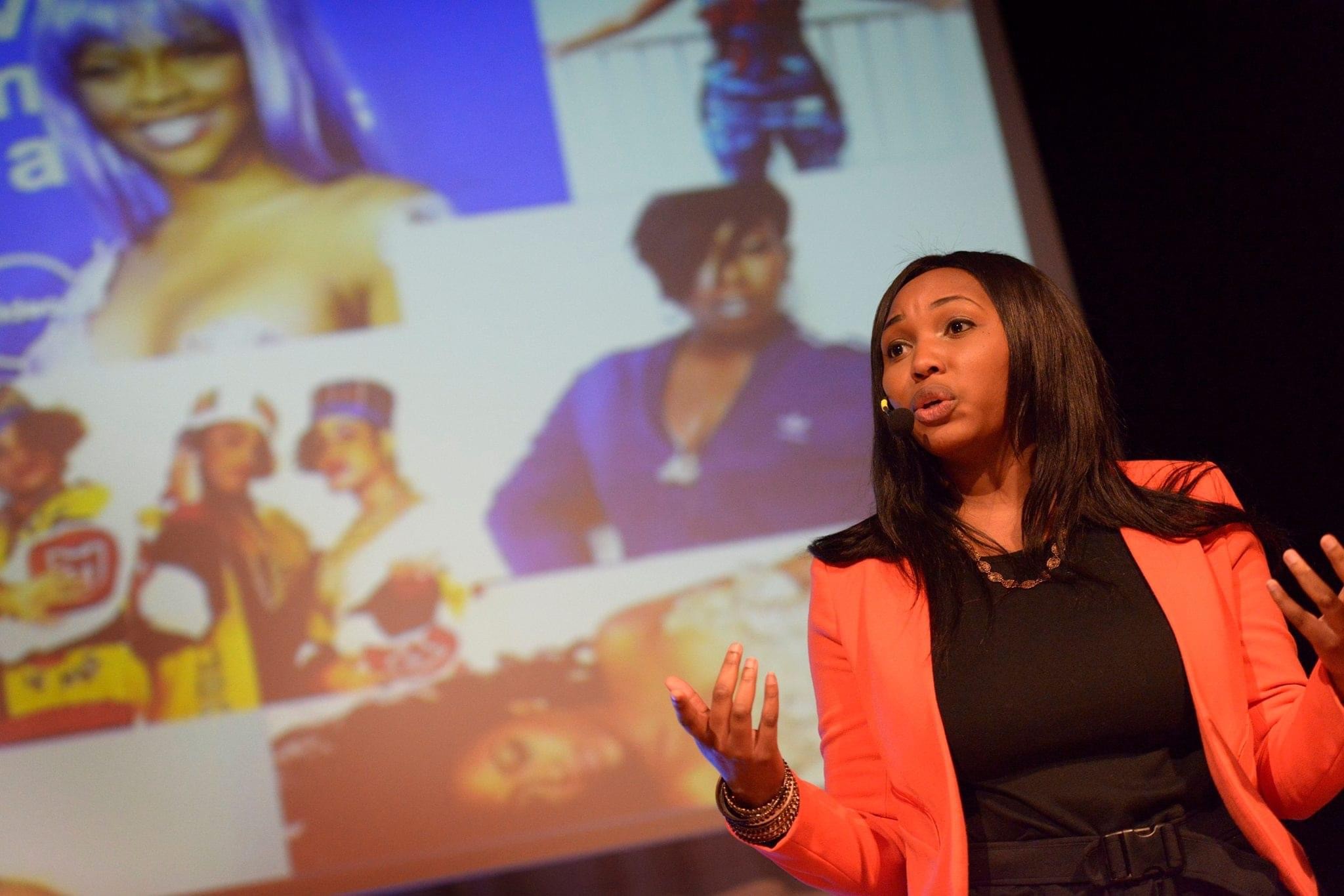 Image Credits
Image Credits
Erinnae Photography











